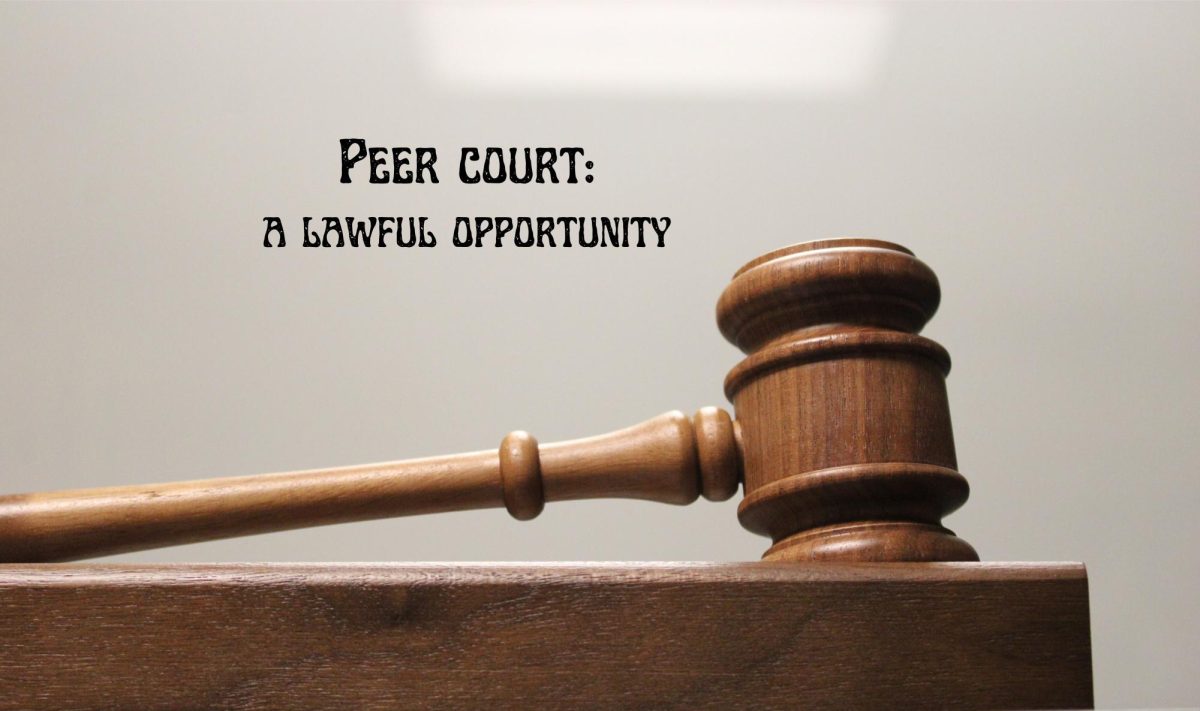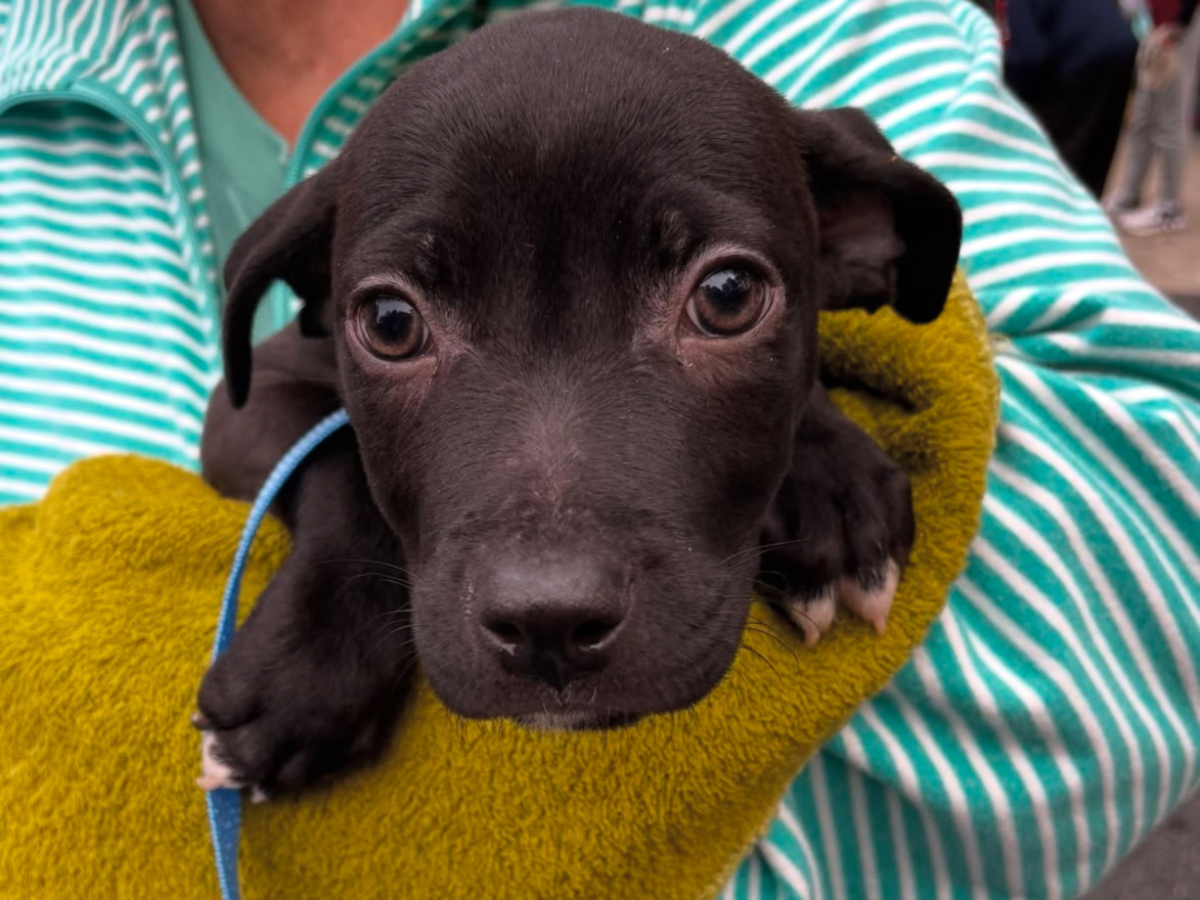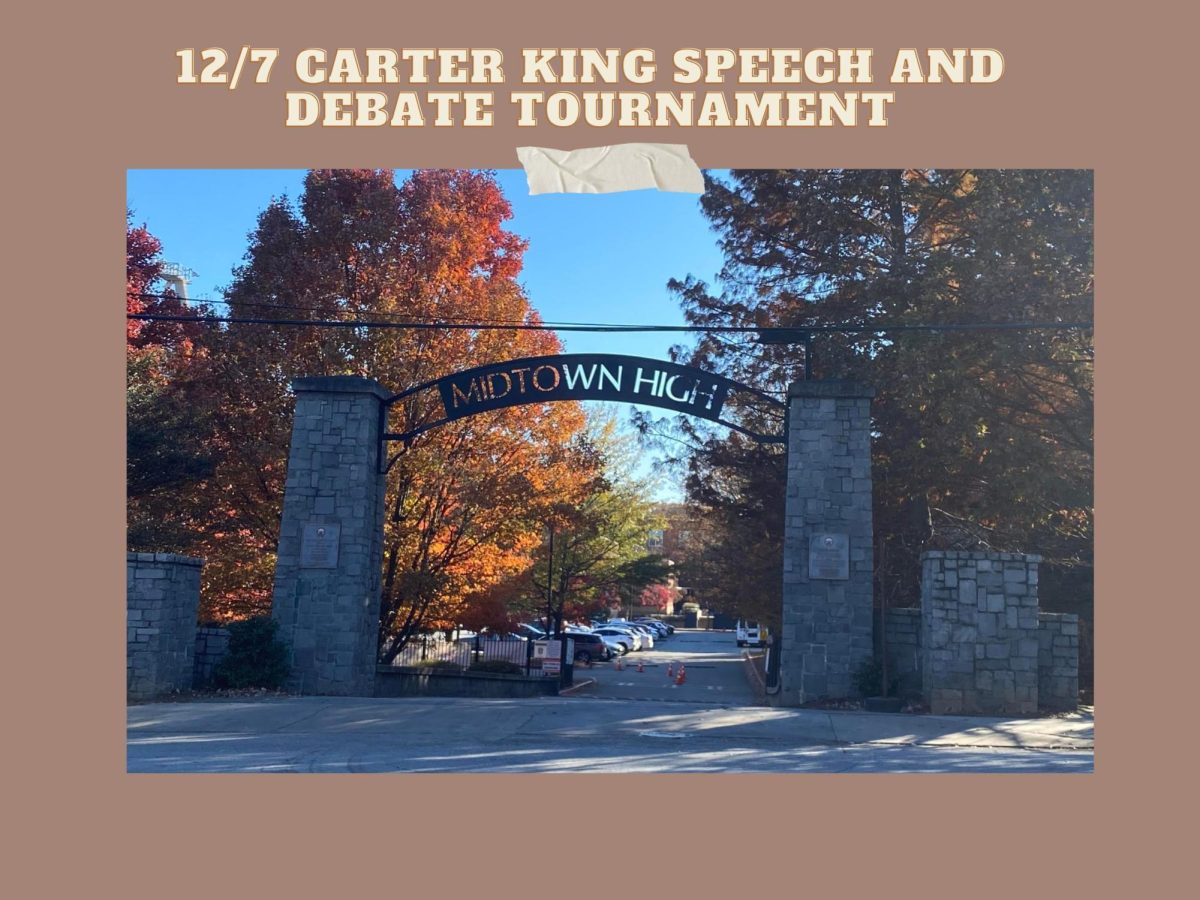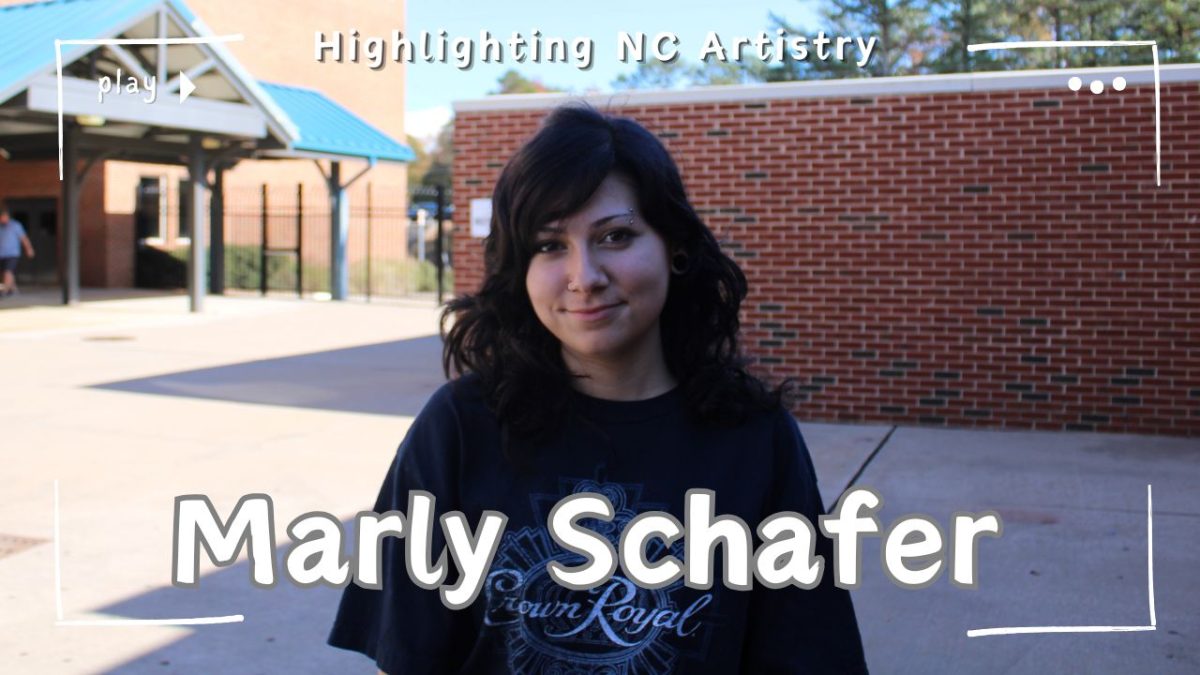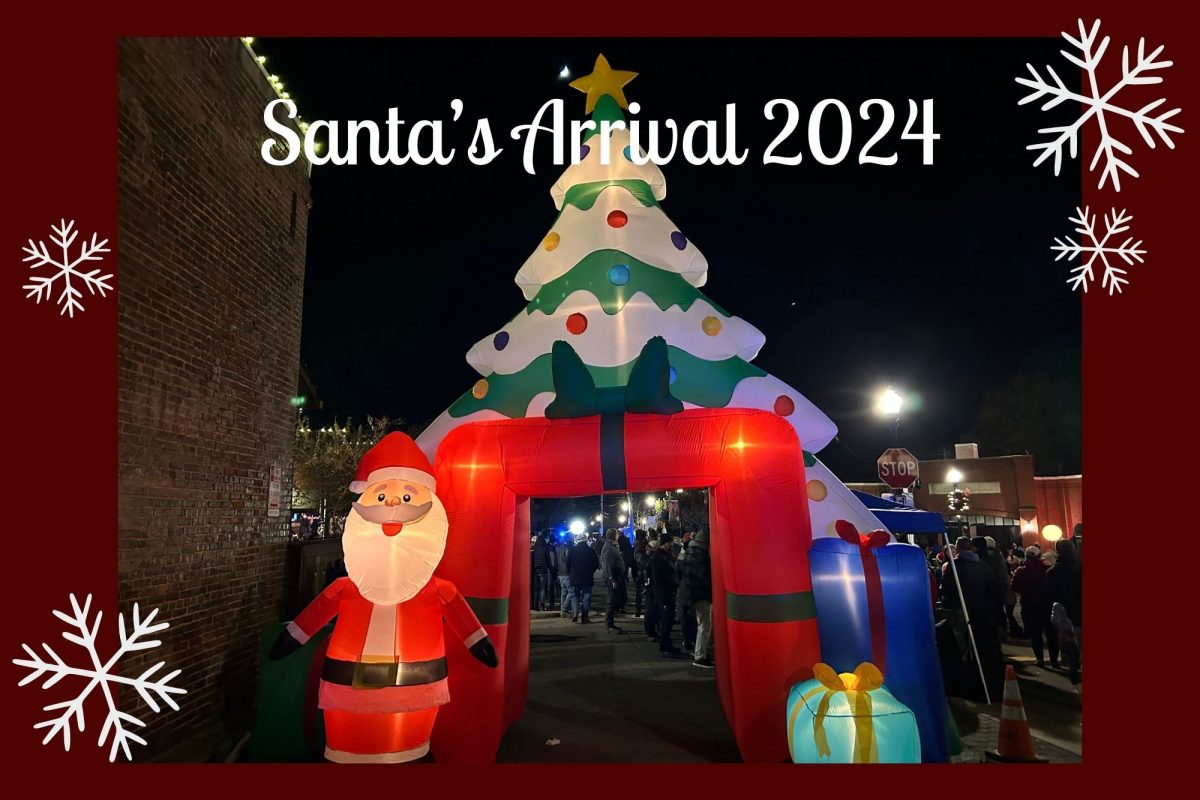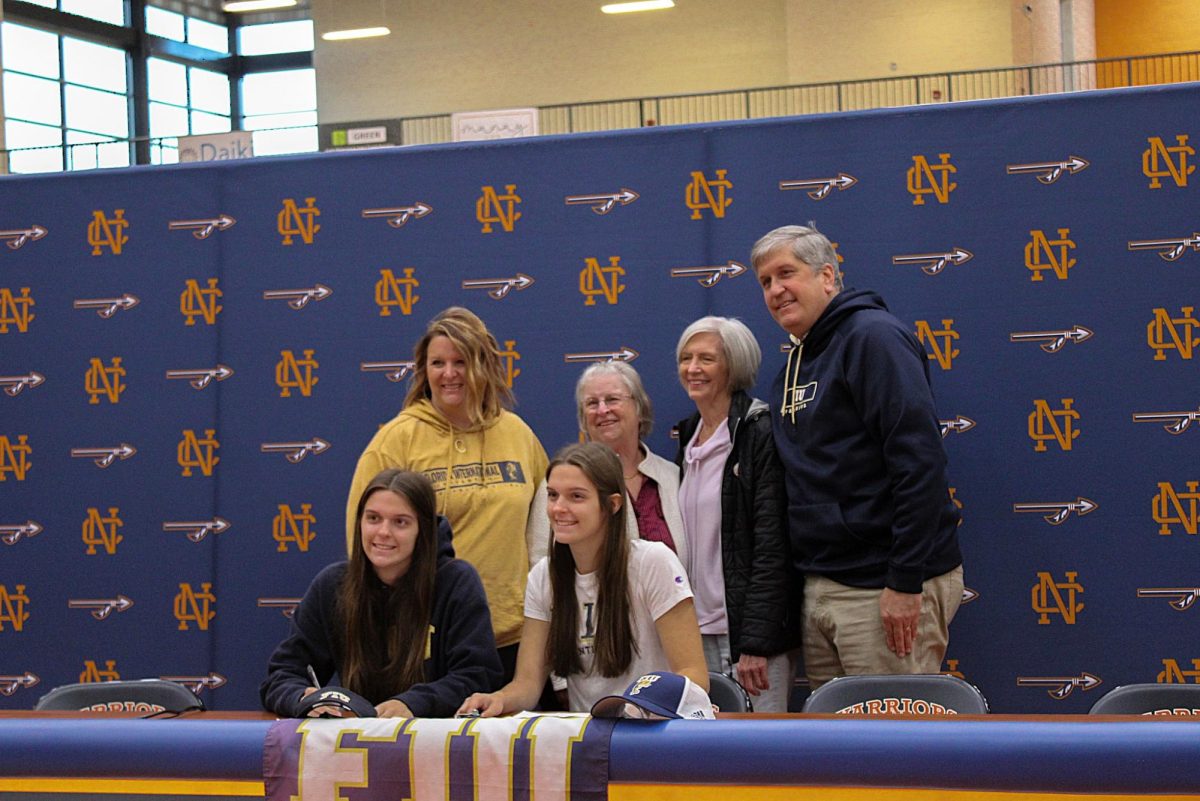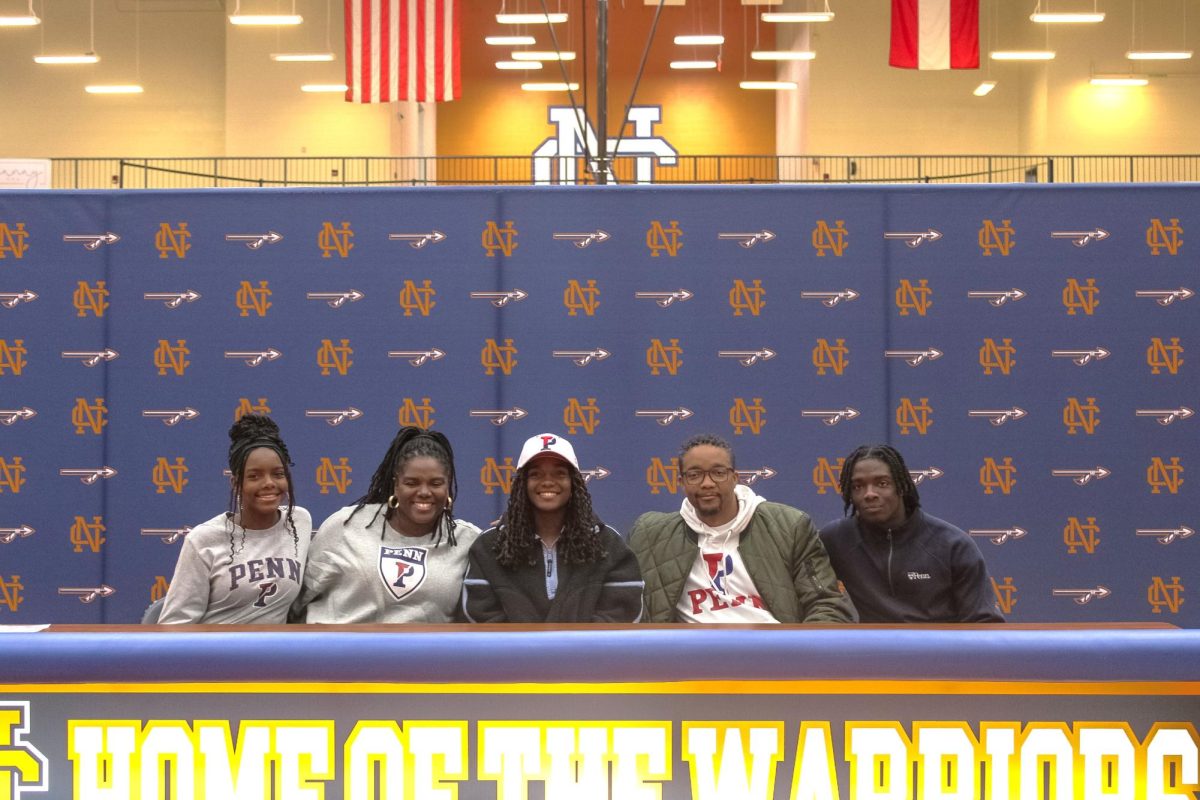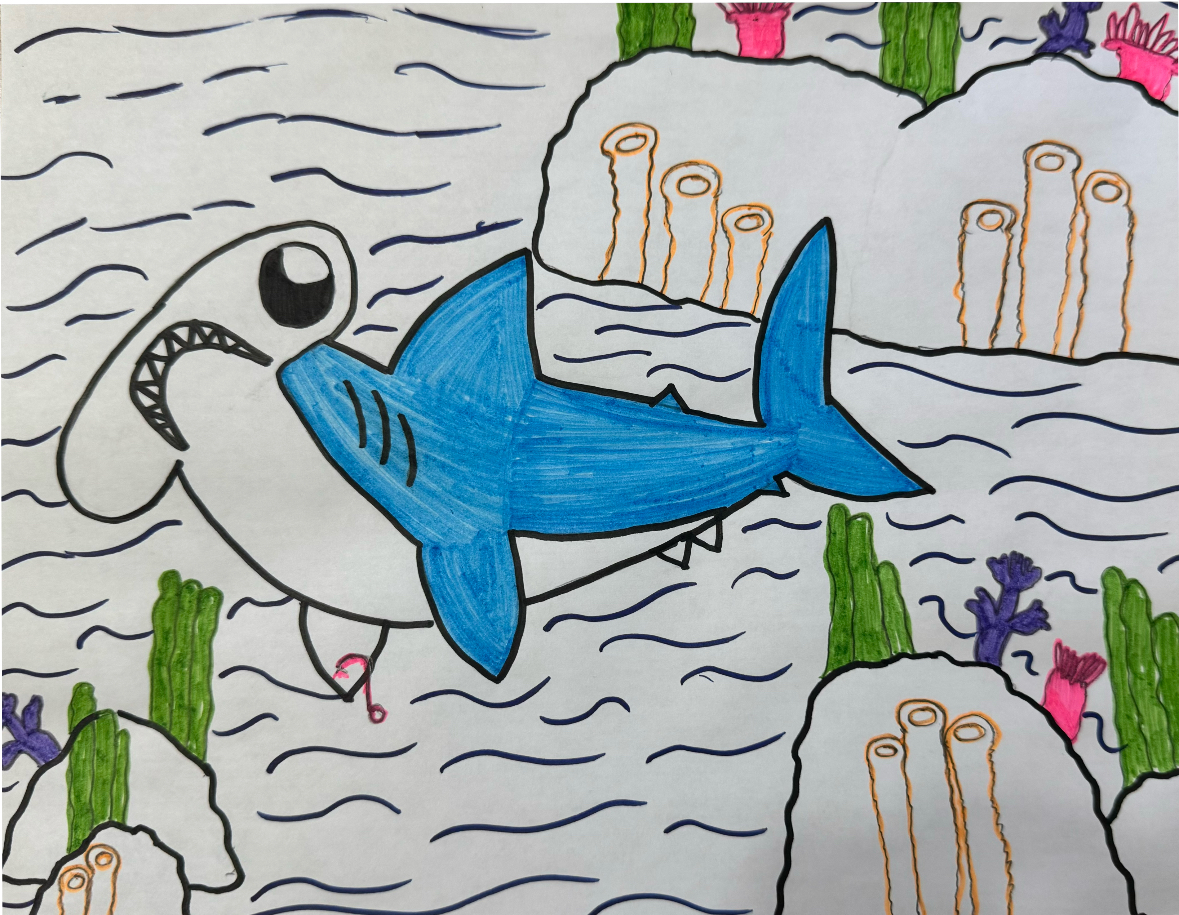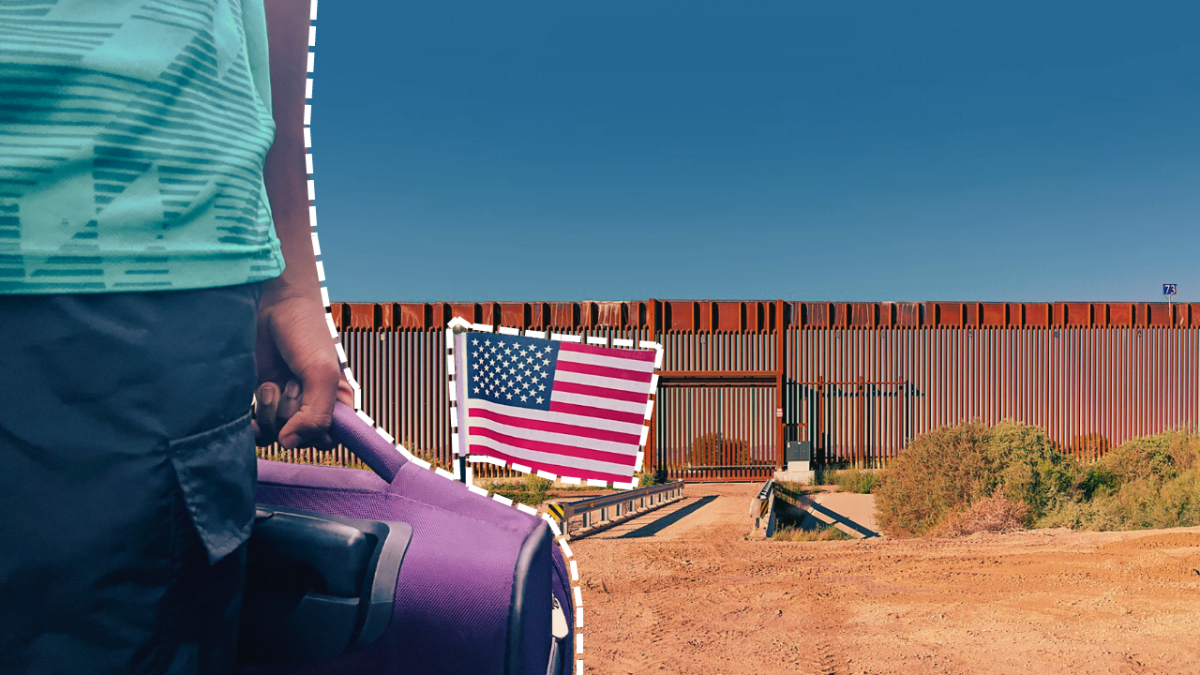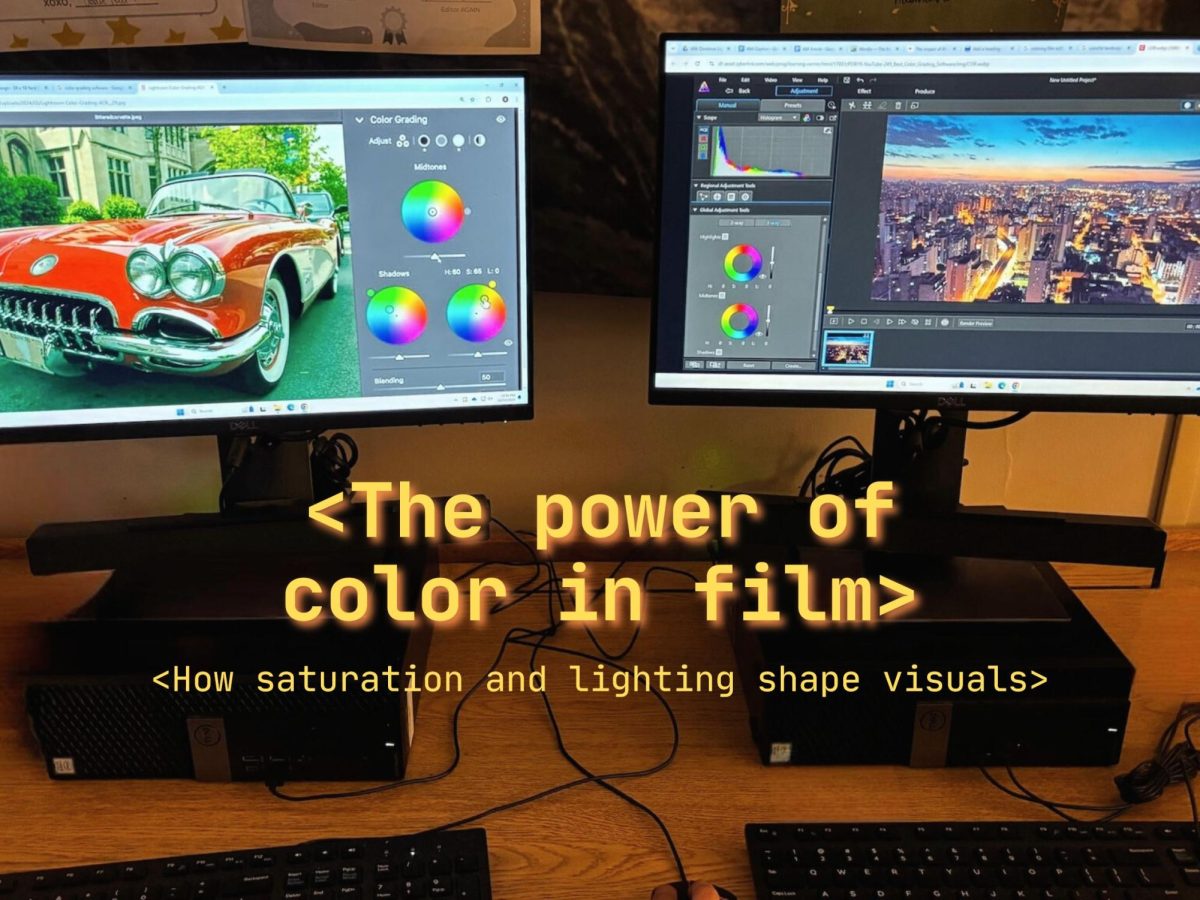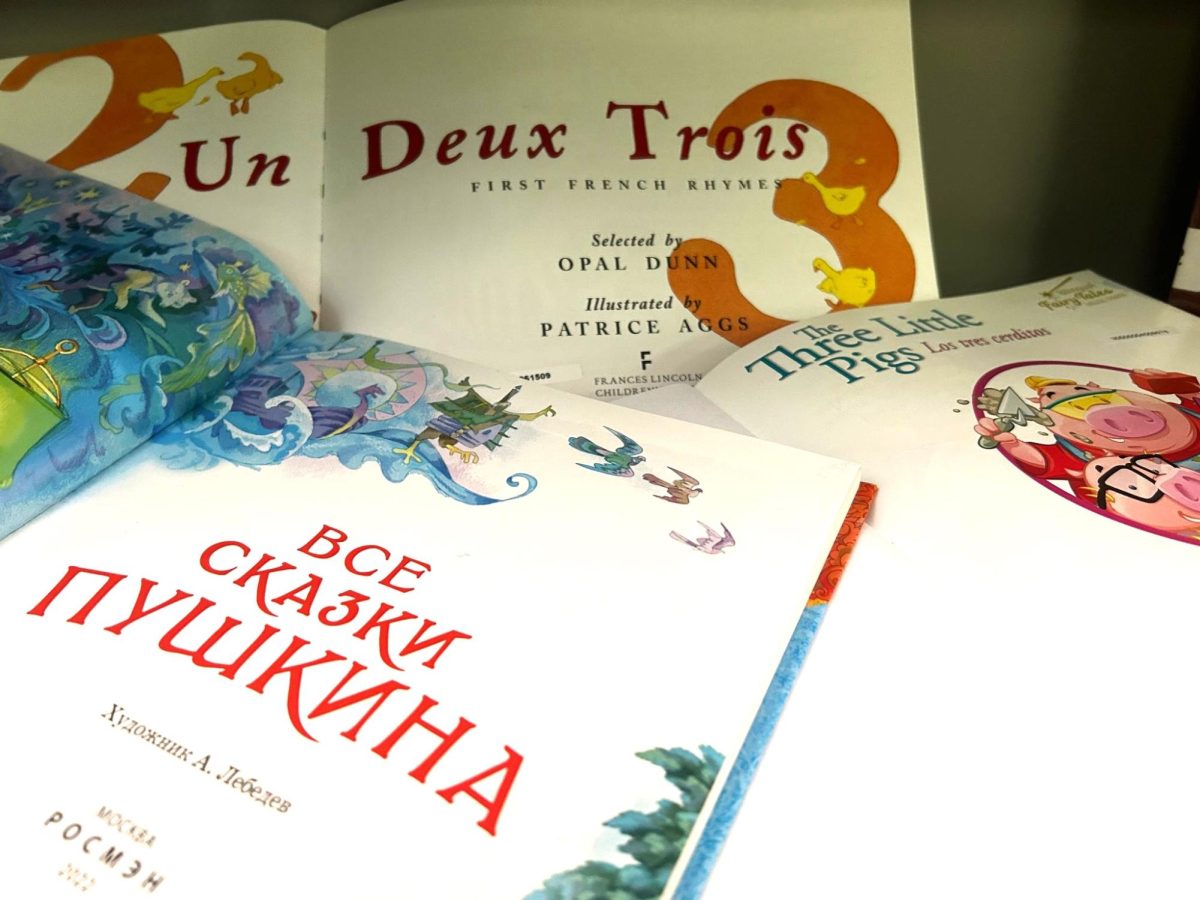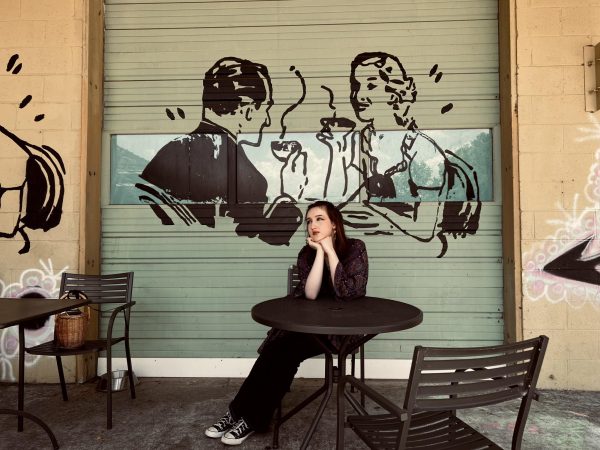The Georgia legal system includes 159 juvenile courts, scattered across the state. These courts handle cases regarding people aged 17 and under. Typically, judges rule on all cases that come to these courts, but in Cobb County, a unique opportunity exists both for youth offenders and students interested in law. Peer Court provides the opportunity for youths 12-17 to act as lawyers, jurors, bailiffs and other positions in the real cases of their peers.
In these roles, students suggest constructive sentences for juveniles who have admitted guilt. Lawyers eagerly prepare beforehand, present their points, question the juvenile or Peer Court coordinator and senior Probation Officer Michael Thomas, and conclude their cases. All of this culminates in a call upon a jury of teenagers to decide what the youth must lawfully do. The jurors commonly prescribe punishments such as letters of apologies, informal supervision, and participation in school programs.
For juvenile offenders, this type of court provides the opportunity to expunge their mistakes. After completing the jury’s recommendation, the court may clean the slate of the juvenile and send them off to a life unstained by the singular negative decision. They may face a new, formal trial if they fail to complete the sentence their peers gave. The idea behind this system motivates the sentences to offer constructive opportunities to the offender, not destroy their futures.
“It is actually very similar [to the typical Juvenile Justice System]. The main difference is the amount of information in each situation. Actual court proceedings can have volumes of reading materials, but I love to research and develop a convincing argument. It is great for aspiring attorneys to have lots of courtroom exposure to become familiar with the process. It is also a great practice for aspiring attorneys to read active problem-solving literature and make decisions based on rational analysis instead of feelings and beliefs, as is the process of practicing attorneys,” Judge West said.
Students who participate in Peer Court do not simply gain knowledge of the legal system. Participation in Peer court rewards teens with community service hours, an opportunity to meet new people and an activity that may set them apart on college applications. This piques the interest of dozens of high-achieving students.
The program may encourage Cobb County students to pursue a career in the legal field. Perhaps these students will explore activism or work with people who may otherwise struggle to find affordable legal services, which cost an average of $288 an hour in Georgia. The future shines brightly for members of Peer Court, but these futures cast a hopeful light on Cobb County.
“Students who participate in Peer court are able to get a courtroom experience and build relationships with Court personnel while learning legal procedures. Peer court has now implemented a full training session and has been able to incorporate virtual training via the Zoom platform, allowing more initial participation. I enjoy seeing young persons gather and determine appropriate consequences for decisions which are not the best, but are definitely learning opportunities,” West said.



